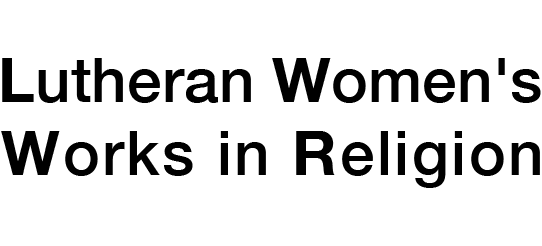Category: Theology
JOURNAL ARTICLES
Carolyn Schneider "The Intimate Connection between Christ and Christians in Athanasius" In The Scottish Journal of Theology. vol. 58, no. 1, 2005This article explains how Athanasius used Middle Platonic ideas of Form to present Jesus as the ideal Form of Humanity, in which Christians participate through faith. In such participation, the image of God that had been lost by sin, is restored forever because it is divinized in Christ, and thus it is eternal and indestructible.
This article reminds readers that the church is not a place but the body of Christ connected across the globe. It describes the hopes and fears of Palestinian Christians and calls the rest of the church to respond to this hurting member.
Schroeder examines the writings of medieval women who characterize the devil as a violent misogynist. Schroeder argues that violence against male or female bodies is an attack by the Evil One. The doctrine of the resurrection is God‘s affirmation of the goodness of the human body and a promise of healing in this life and at the bodily resurrection.
Using the writings of medieval women who were devoted to the Eucharist, Schroeder urges contemporary Lutherans to embrace an incarnational Eucharistic theology that affirms the goodness of the body.
Four “Theological Themes” Entries
Article based on a public lecture, on Luther’s radical read on the matriarchs and their theological role.
Reflections on the roots and possibilities of spirituality “with” Luther.
An article on the challenges and promises of teaching Luther and the Lutheran confessional texts in a seminary setting.

